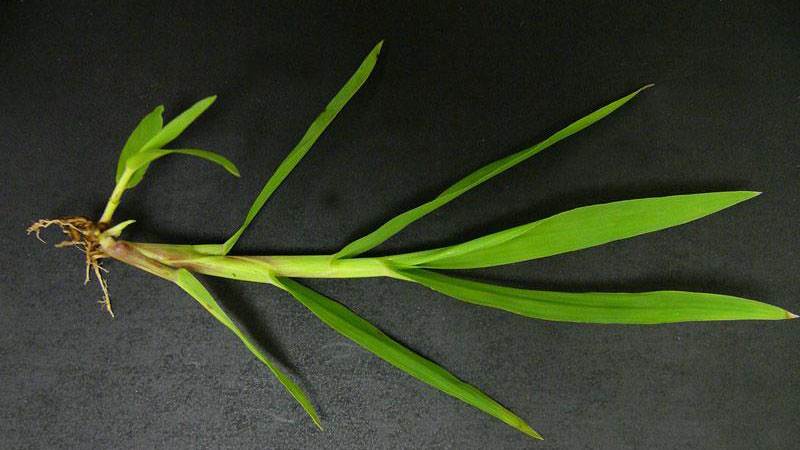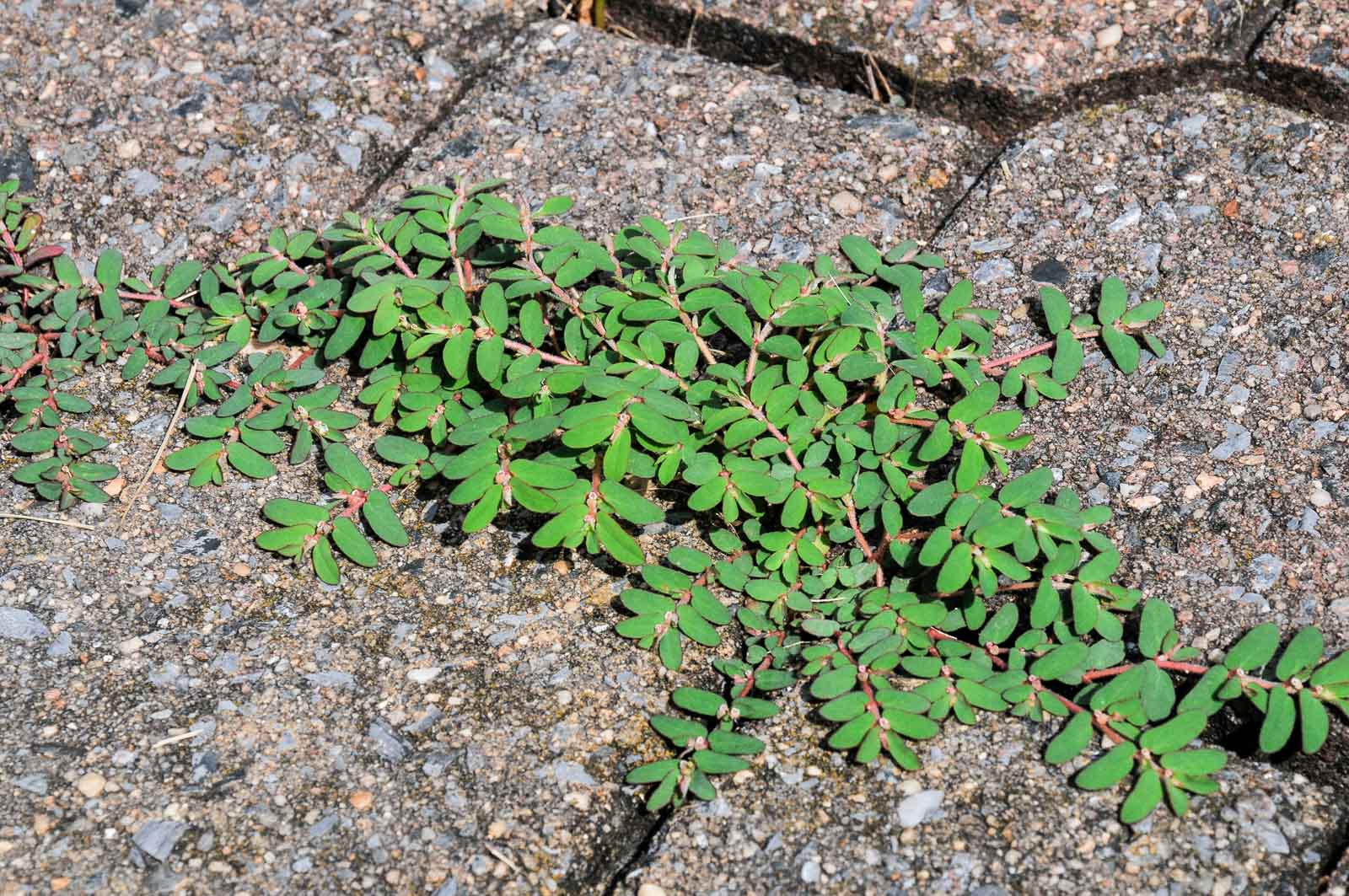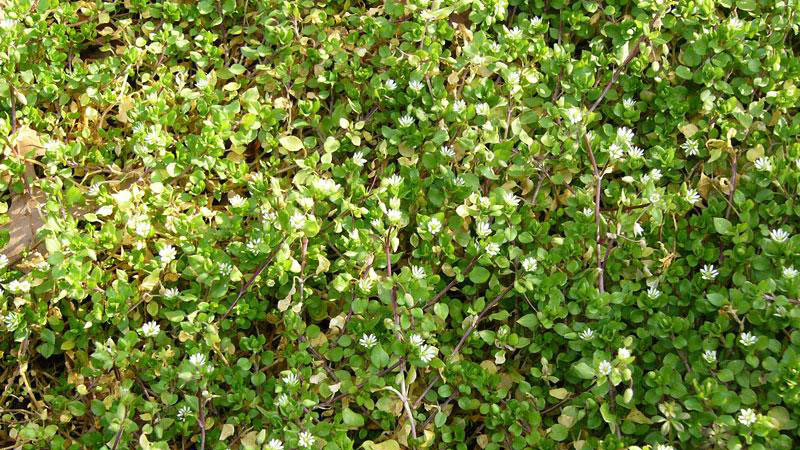Lots to Do and See in the Yard
go.ncsu.edu/readext?701162
en Español / em Português
El inglés es el idioma de control de esta página. En la medida en que haya algún conflicto entre la traducción al inglés y la traducción, el inglés prevalece.
Al hacer clic en el enlace de traducción se activa un servicio de traducción gratuito para convertir la página al español. Al igual que con cualquier traducción por Internet, la conversión no es sensible al contexto y puede que no traduzca el texto en su significado original. NC State Extension no garantiza la exactitud del texto traducido. Por favor, tenga en cuenta que algunas aplicaciones y/o servicios pueden no funcionar como se espera cuando se traducen.
Português
Inglês é o idioma de controle desta página. Na medida que haja algum conflito entre o texto original em Inglês e a tradução, o Inglês prevalece.
Ao clicar no link de tradução, um serviço gratuito de tradução será ativado para converter a página para o Português. Como em qualquer tradução pela internet, a conversão não é sensivel ao contexto e pode não ocorrer a tradução para o significado orginal. O serviço de Extensão da Carolina do Norte (NC State Extension) não garante a exatidão do texto traduzido. Por favor, observe que algumas funções ou serviços podem não funcionar como esperado após a tradução.
English
English is the controlling language of this page. To the extent there is any conflict between the English text and the translation, English controls.
Clicking on the translation link activates a free translation service to convert the page to Spanish. As with any Internet translation, the conversion is not context-sensitive and may not translate the text to its original meaning. NC State Extension does not guarantee the accuracy of the translated text. Please note that some applications and/or services may not function as expected when translated.
Collapse ▲June is the month where we transition from spring to summer. Although, here in the south, it just goes from humid to more humid. As we transition seasons, here is what you can expect to see in your lawn and garden.
Lawn:
Winter annual weeds are going to seed, while summer annual weeds are starting to emerge and grow.
Summer annuals you are starting to see are crabgrass and prostrate spurge.
Large crabgrass and smooth crabgrass are both very common. Large crabgrass leaves are hairy, pale bluish-green. Smooth crabgrass has smooth, dull green leaves with sharply pointed ends.

Smooth Crabgrass
Prostrate spurge is a broadleaf summer annual weed that you could be seeing. It blooms from June through October.

Spotted Spurge
To control summer annual weeds, use preemergence. Preemergence herbicides should be applied 2-4 weeks before expected weed seed germination. For summer annuals, you would apply in late winter/early spring. If you are trying to control these now, there are certain postemergence herbicides that can.
Winter annuals you are still seeing are common chickweed and henbit.

Common Chickweed
Chickweed has many branched stems and oval leaves. Its flowers are small, white, and star-shaped.
Henbit has square stems with hairy. coarsely toothed leaves. Henbit blooms with a purple, tube-shaped flower. It stays in bloom from February until June.
Controlling winter annuals is best done in mid to late fall and early winter using a selective, postemergence, broadleaf herbicide.
As with all pesticides, read and follow the label.
In the flower garden:
June is when you start seeing your plants come into bloom. While noticing that, you may also see that your evergreens and shrubs could use some pruning.
The following plants are safe to prune in the month of June: Conifers & Narrowleaf Evergreens: hemlock, juniper, arborvitae, white pine, Leyland cypress, etc. (Summer pruning of conifers is to shape the plants to their desired size).
Perennials: phlox, Shasta daisy, purple coneflower, rudbeckia, etc.(remove old flowers to promote re-bloom), Chrysanthemum, Hydrangea, and Gardenia
For more information or questions on these topics, visit the N.C. Cooperative Extension, Caldwell County Center website or call us at 828.757.1290.




